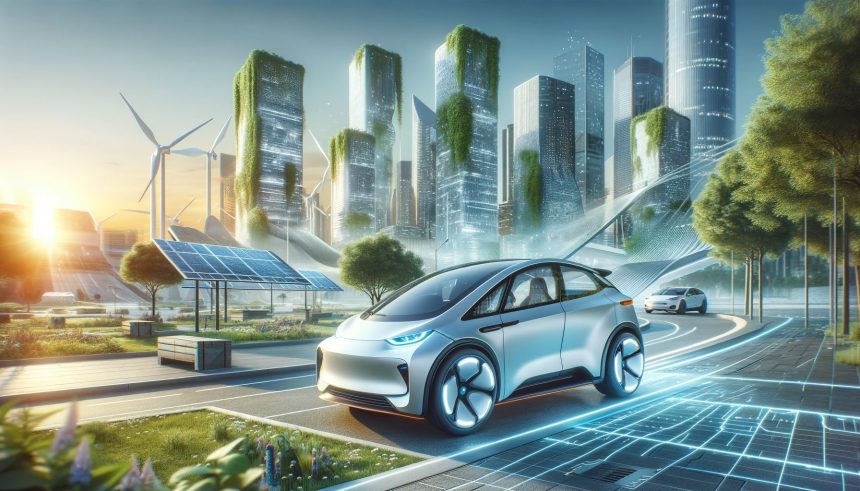The relationship between Tesla CEO Elon Musk and President Joe Biden has reached a new level of tension. Musk has openly criticized Biden’s apparent preference for unionized electric vehicle (EV) manufacturers over the environmental impact that companies like Tesla are making. This critique highlights Musk’s frustration with Biden’s consistent omission of Tesla in discussions about the EV industry, despite Tesla’s significant contributions to the sector.
The Tesla Model S, launched in June 2012, is a fully electric luxury sedan designed and manufactured by Tesla, Inc. It features impressive acceleration, long-range battery life, and advanced driver assistance systems. Initially unveiled at Tesla’s design studio in Hawthorne, California, the Model S set new standards for electric vehicles, showcasing Tesla’s innovative approach to sustainable transportation.
Biden’s Union Allegiance
While Biden has been a proponent of electric vehicles, he has consistently excluded Tesla from high-profile mentions, choosing instead to highlight General Motors and its CEO Mary Barra. This was evident in his statement praising Barra for “electrifying the entire auto industry.” Biden’s allegiance to unions, particularly the United Auto Workers (UAW), contrasts with Musk’s vocal criticism of union practices, which he views as corrupt.
Musk has extended an invitation to the UAW to hold a vote at Tesla’s factories, but the union has yet to act on this offer. Musk’s response to Biden’s recent post, which emphasized union workers as the future of EV manufacturing in America, underscores his concern that the President prioritizes unionization over environmental advancements.
Government Push for EVs
The U.S. government has been aggressive in promoting electric vehicles, largely due to their environmental benefits. Several infrastructure and climate bills have been passed to incentivize EV purchases and improve charging infrastructure. However, Musk believes that the focus should be on the environmental impact and innovation rather than on who manufactures the vehicles.
Historical reports reveal that Biden’s support for unionized EV production has been consistent since the beginning of his term. This stance has led to strained relations with Musk, whose Tesla has revolutionized the automotive industry with its focus on sustainability. Conversely, Biden’s approach aims to garner support from organized labor, a key Democratic constituency. His administration has also highlighted traditional automakers like Ford and GM, which have strong ties to the UAW.
In past instances, Ford and GM have faced significant financial repercussions due to strikes initiated by the UAW. These strikes have caused production halts, underscoring the complex dynamics between labor unions and automakers. Musk’s critique points out that this focus on unionization can disrupt production and innovation, detracting from the primary goal of reducing environmental impact through the adoption of electric vehicles.
Key Takeaways
– Biden’s union focus may sideline non-union innovators like Tesla.
– Union-related production halts have significantly impacted traditional automakers.
– Musk’s environmental concerns reflect Tesla’s mission to reduce fossil fuel dependency.
Musk’s clash with Biden underscores a broader debate about the future of the electric vehicle industry in the United States. While the government pushes for unionized workplaces, innovative leaders like Musk advocate for a focus on environmental impact and sustainability. This tension reveals the challenges of balancing labor interests with technological advancement and environmental goals. As the EV market continues to evolve, the priorities of industry leaders and policymakers will significantly shape its direction.










